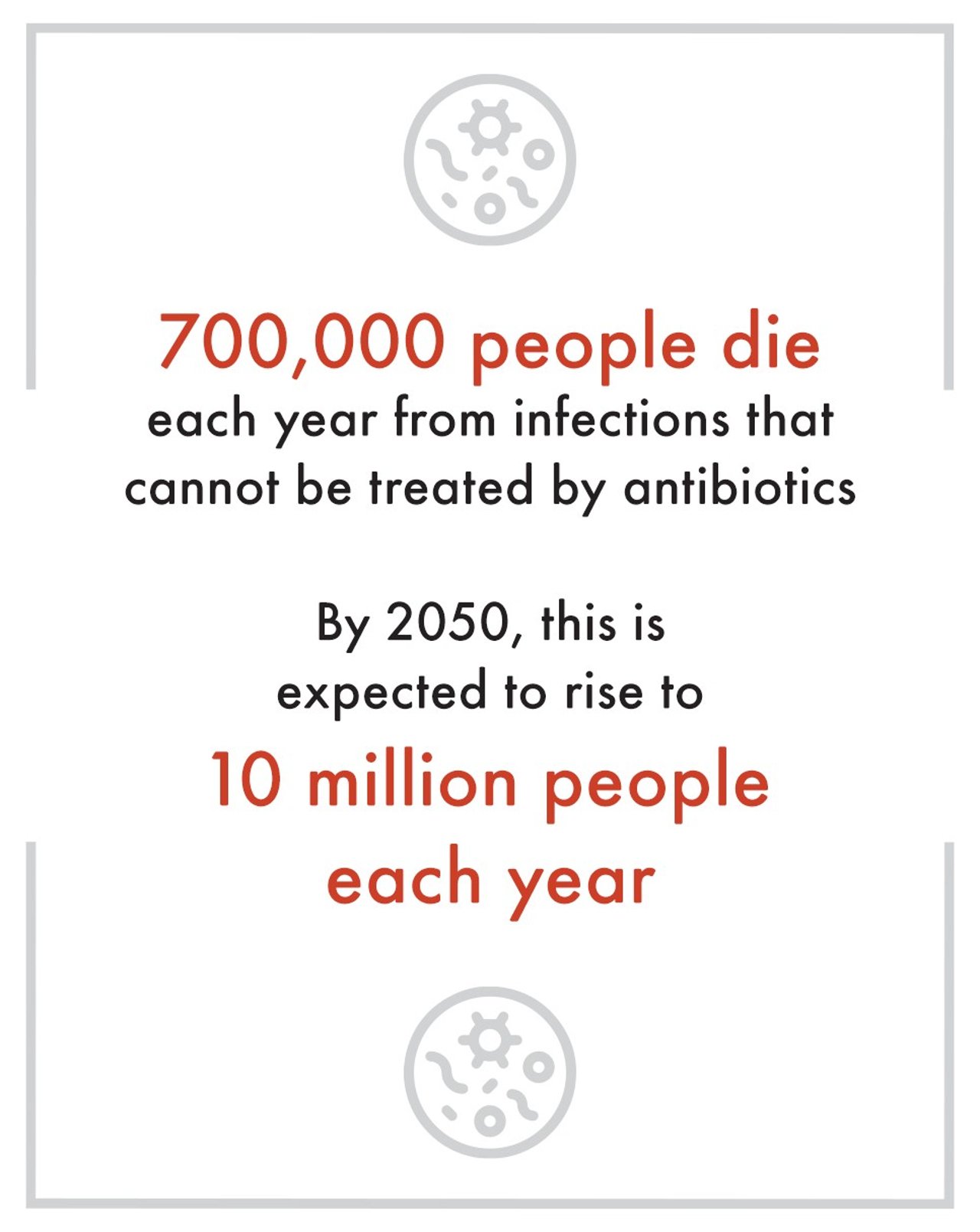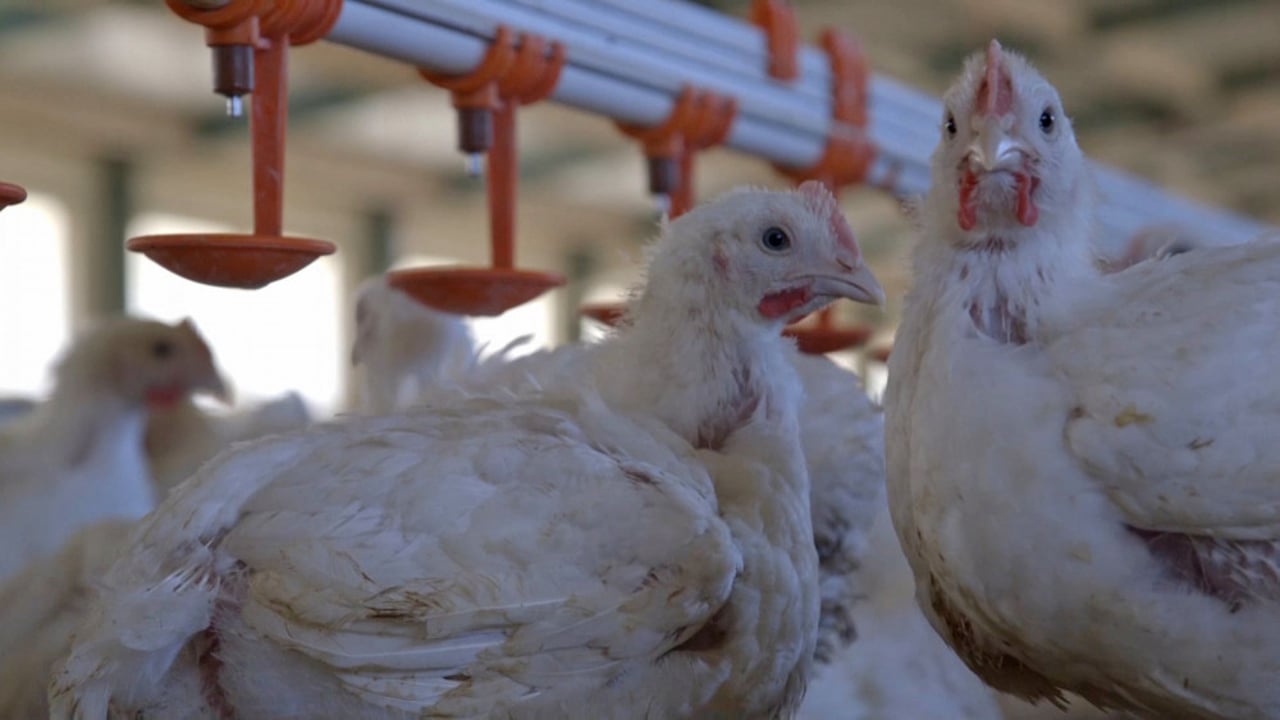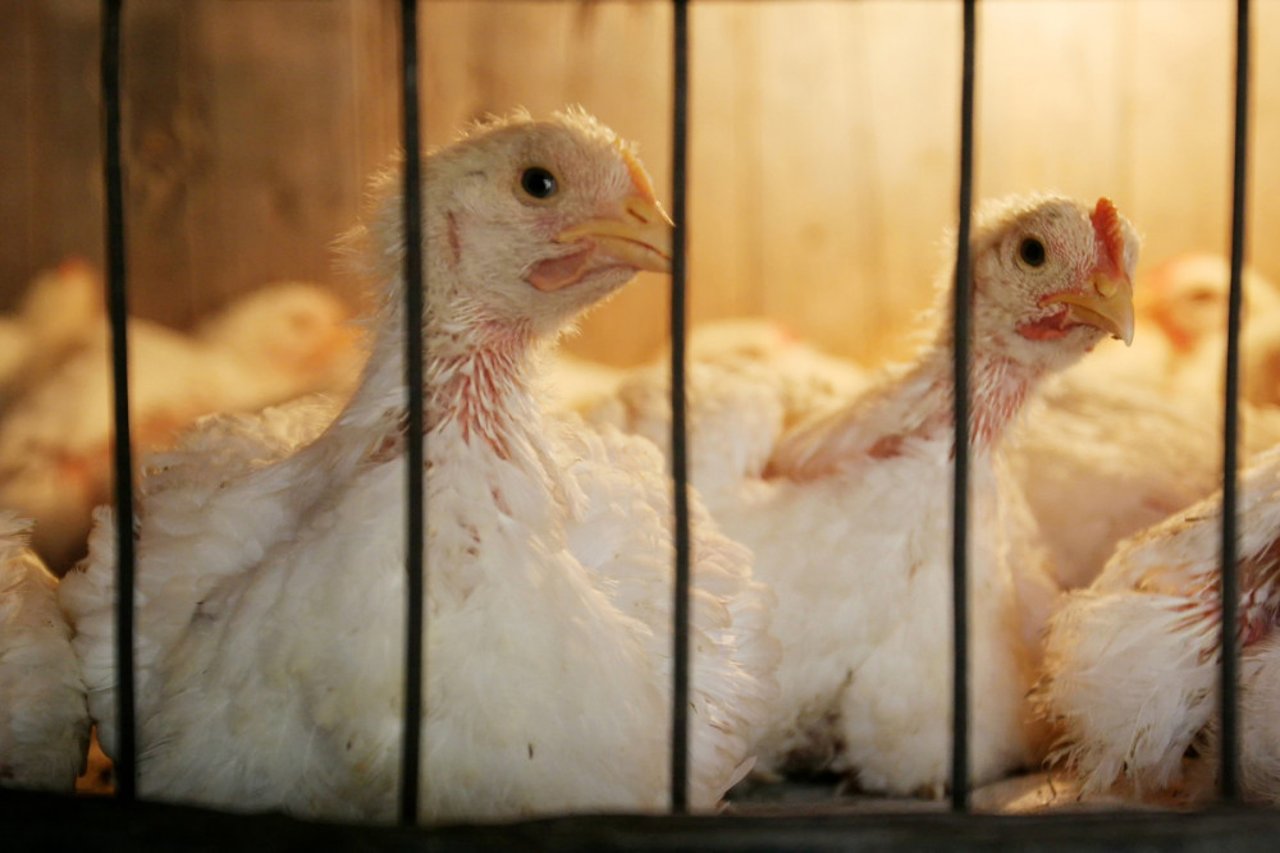
In India, seven out of ten people consume non-vegetarian food. India is the world's second-largest market for chicken. The study conducted by Statista Research Department found that consumption of poultry meat in India was over four million metric tons.
Is antibiotic dangerous?
Usually, doctors prescribe antibiotics when a patient is sick and if they need antibiotics. Antibiotics kill the bacterial pathogen that causes infection. However, 80% of antibiotics that are produced are used in animal farming globally.
Chicken wings come from a farm where no sanitary conditions have been maintained. To prevent the outbreak, owners rely on numerous antibiotics given to chickens as a precaution against illness in confined spaces. Also, antibiotics are used as growth promoters in their feed, so they can overgrow and remain in healthy vigour.
If you eat chicken contaminated with antibiotics, you eventually end up antibiotic resistance. Antibiotic resistance is when bacteria acquire the strength to resist antibiotics designed to kill or stop their growth. Nearly 700,000 people die each year due to drug/antibiotic-resistant diseases.
Studies related to the link between chicken and antibiotics
In 2014, Delhi Centre for Science and Environment (CSE) conducted a lab test that confirmed the presence of numerous antibiotic residues in chicken samples. They found oxytetracycline, doxycycline, and chlortetracycline belong to the class of tetracycline, fluoroquinolones class of antibiotics along with enrofloxacin and ciprofloxacin. These antibiotics are used to treat common urinary and respiratory infections. This is the most extensive study ever conducted to examine antibiotic residue in chickens.
Another study in Kochi (2021) found that irrational use of antibiotics in chickens affects the nearby community by making them immune to conventional antibiotics such as amikacin, ampicillin, ofloxacin and ampicillin.
In an interview, a feed producer from Punjab said that mixing antibiotics with poultry feed is a routine process.
Many studies have shown links between the use of antibiotics in chicken feed and the emergence of antibiotic resistance (ABR) in people through contact with animals or consumption of animal products. Nonetheless, people who sell animal feed mixed with antibiotics are not breaking any law because they aren't any.
Fast Food Industry and their double standard
The fast-food industry that buys most of the chicken has vaguely any plan to fight this AMR(Antimicrobial resistance) crisis in India. However, they have policies that only exist outside India.
Yum! Brands has a global antimicrobial stewardship policy. For example, in the US, Pizza Hut, KFC and Taco Bell eliminated antibiotics from their chicken supply. Still, when it comes to India, there is no public commitment or timeframe to eliminate antibiotics in the food supply chain in India yet.
Same with Burger King, Wendy's India, Costa Coffee and Café Coffee Day-- no plans or commitment to eliminate antibiotics from the supply food chain.
What's the solution?
- We are raising awareness about antibiotics usage in intensive farms among consumers. However, the burden of AMR on livestock and food animals has been poorly documented in India. More research is required in this area.
- Implement a ban on using highly critical antimicrobials/antibiotics in animal farming.
- Providing incentives to farmers for maintaining proper welfare in animal farms
- The mandate of the label states where the chicken is coming from or whether they are antibiotic residue-free or not.
- Use of safe and effective vaccines in animal farming.
Conclusion
Yes, Poultry farmers knowingly or unknowingly are adding antibiotics to the chicken feed, which ultimately find their way onto your plate and may lead to antibiotic resistance. To fight against this issue, we need implementation of existing policies and more studies in this area.
What do you think about it?
References:
Vikash Kumar works as a Research Intern for Animals in Farming at World Animal Protection India. Through his Dissertation “Antidiabetic Bioactive Peptides : Insilico approaches to study Antidiabetic Bioactive Peptides he made an attempt to develop an anti-diabetic peptide database by using machine learning techniques(SVM). Being an environmental enthusiast, he supported the ongoing global campaign Save Soil


